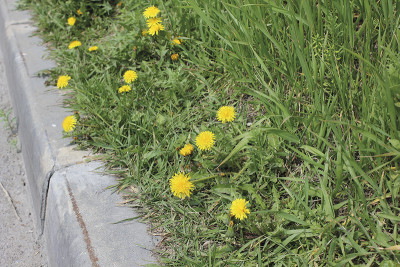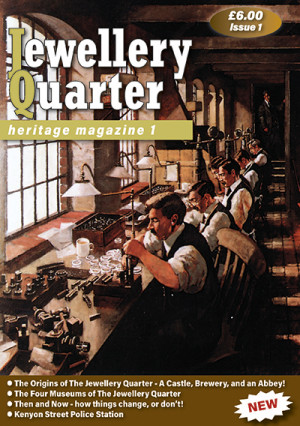
A new initiative to increase biodiversity, reduce the council’s carbon footprint and help mitigate elements of climate change is set to be implemented during the 2024 grass growing season.
The pilot programme, entitled A to Bee Roads, will change the frequency of mowing on around 100km of central reservations and will act as a long-term, more strategic approach following the trial of No Mow May.
Cllr Majid Mahmood, cabinet member for environment said: “This is a great project that supports the delivery of the Local Nature Recovery Network by promoting ecological connections between existing high-value sites.
“It also supports the city’s Net Zero ambitions as changing the mowing regime of selected areas will reduce the overall need for fuel by reducing the total operating hours and mileage of each machine and aligns with our ongoing plan to reduce and ultimately phase out the use of pesticides in our parks and open spaces.
“Although No Mow May has grown in popularity, the ecological value of ceasing mowing for four weeks alone is negligible. Ceasing all mowing of all previously mown grass is also not desirable as some flora communities only survive as the repeated cutting replicates grazing by herbivores.
“So, we have to be strategic which is why we have designed the A to Bee Roads pilot for this year, which will cover 51 wards, compared to just four wards covered by our No Mow May experiment. And those wards not covered already have a number of sites that are of value for urban wildlife including pollinators, have areas of high ecological value or will see trials in open green space as part of an emerging ‘Birmingham’s Buzzing Parks’ project.”
Signage showing places where the scheme will be implemented will be placed on the central reservations.
To ensure the safety of all road users and pedestrians, edge cuts and visibility – giving road users a clear view of oncoming traffic – will be retained and aligns with our ongoing plan to reduce and ultimately phase out the use of pesticides in our parks and open spaces.




